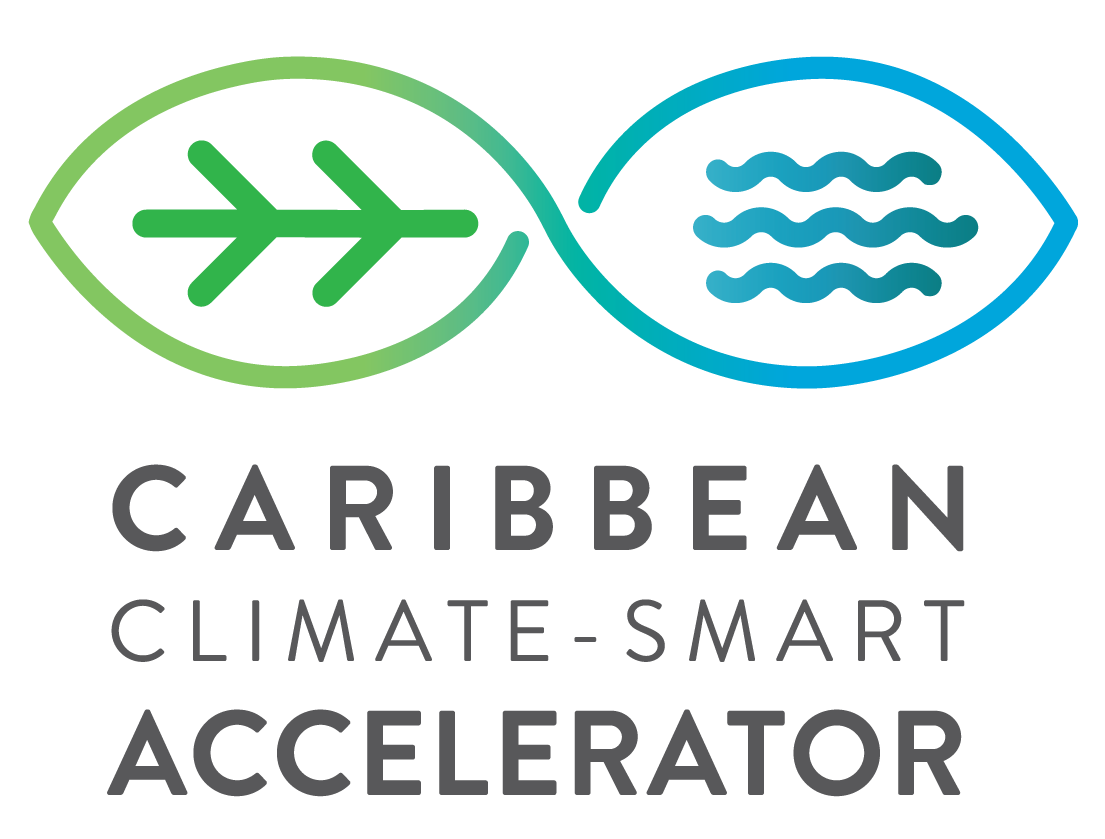Racquel Moses, from Trinidad & Tobago, Chief Executive Officer of the Caribbean Climate-Smart Accelerator (CCSA), was appointed as United Nations Global Ambassador for the Caribbean at COP26. She talks about COP 26, and how the CCSA can help accelerate climate action and build more resilient societies and economies in the Caribbean.
What are the key issues in your participation at COP 26 and what are your feelings a few days before it ends?
The first issue is greater climate action. We want to see more action, as much as we need further commitments. We also need greater action on the commitments that have been made. We are certainly advocating for greater access to finance, especially finance attributed to adaptation. We are looking for both concessionary finance as well as grant financing, because many projects that we need will require that kind of funding. We cannot continue taking on loans to solve a problem that we didn’t create. We also brought to COP our resilience scorecard that we developed as part of a working group with the Island Resilience Action Challenge (IRAC) and we want to model it as a mechanism for attracting funding to adaptation and building resilience. Finally, we are working on matching projects that we have in our portfolio to available funding. We have been meeting with countries as well as with different potential innovators and suppliers to be able to develop new projects and match these projects with funding. o far the results have been good. The UN has now indicated that they will commit to tracking the actions that are coming out of these commitments, because this piece has been missing, and it’s something new that they will be doing to make sure that the commitments are delivered. Today we met with President Obama and he agreed with that position. The commitments need to be monitored in order to spur further actions. So we are hopeful and incredibly optimistic. We have also seen a lot of greater participation from the private sector that will create unstoppable momentum. But what we have said through this COP is that the only option is success or more success. And whether we get exactly what we want, we will continue to push until we do, which is greater access to finance and greater action, because there isn’t another option.

Could you present the Caribbean Climate-Smart Accelerator, its goals and results obtained so far?
The Caribbean Climate-Smart Accelerator was incorporated last year, conceptualised after the 2017 hurricane season and we are meant to help the Caribbean get to the Paris agreement and get to a resilient zone faster. And we do that by creating economies of scales, by getting together on particular projects. By creating bigger projects, we have the ability to attract funding. The second thing that we do is that we build blended financial instrument or bring innovative financial mechanisms to the table and that can help again to bring projects and funding together. We bring innovation to the table by working with other accelerator and entrepreneurs, so that we have new solutions. And then we bring the private sector to the table so that it can help to create some projects. Across those five dimensions, we have created a regional mangrove rehabilitation project that has the capacity to attract funding. We are currently working on two different financial instruments: one is a Fund for solar and the second one is an ecosystem services valuation model that can bring money to islands for conservation. In innovation, we have built a resilience scorecard that can match funding with available philanthropy, so they can determine what are the areas of less or more resilience and thein they can look at projects across multiple countries and determine whether it is at the level of renewable energy implementation, or energy independence that they want to fund, etc. We are currently working on getting an investor onboard to build a solar assembly facility in Trinidad and Tobago and finally we have an indoor farming pilot in Jamaica and we are partnering with the private sector to purchase its products so that we can target cities to create these farms. We have worked and curated more than 62 projects. Those are developed, conceptualized projects and not all delivered, and 12 of them re currently active.
Small islands developing states are often presented as potential testbeds for innovation. Do you agree with that idea and why?
Definitely, because we have the ability to be small enough that we try certain taxes and implementations at scale. There is a lot of work taking place to look at what a 100% decarbonized transportation looks like at scale and the 2 countries that are looking at that are Bermudas and Barbados. If it’s possible, we can determine what kind of incentives or disincentives are required and how does a country build up a 100% decarbonized transportation. And this is certainly something that we can pilot within the region and roll out to the rest of the world as a model.
What message would you like to deliver on the occasion of the world science day for peace and development?
The message is that it is all within the data and so what we need to do is not to take our eyes off from the data. We cannot afford to be distracted at this point. We have to continue to track the data through the actions that we need to see. All the things that need to happen, the commitments by 2030, these actions need to take place now! And we need to follow the science and the data to track these things to delivery.
